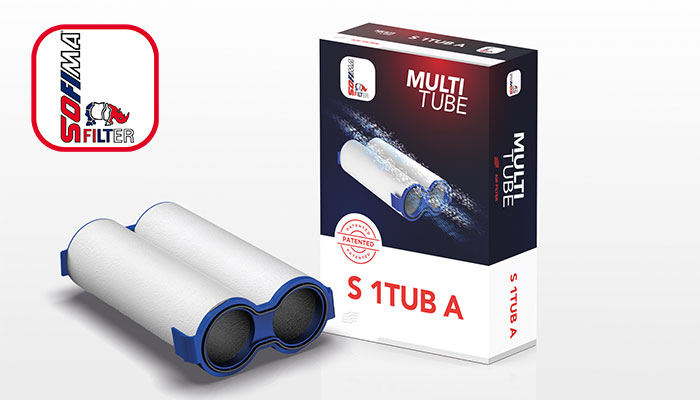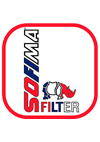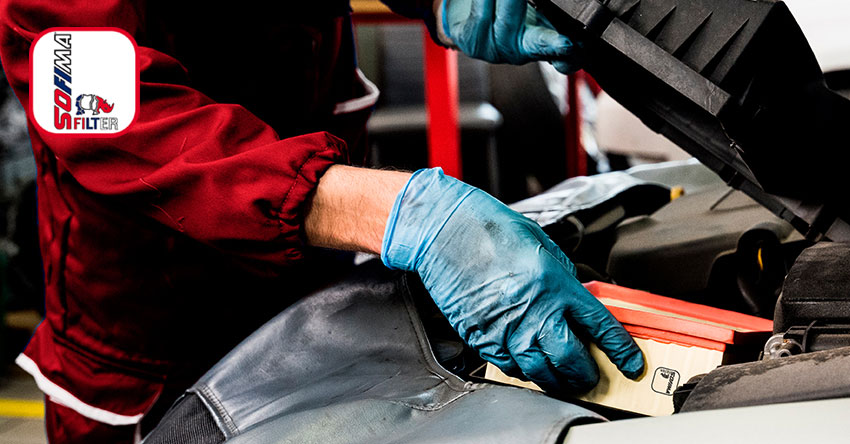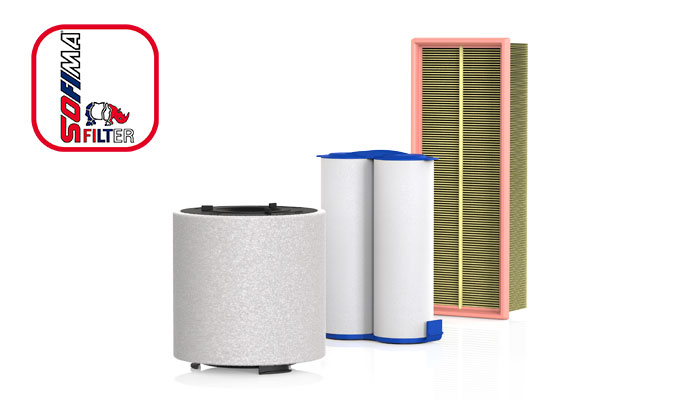The summer has put a strain on the engine air filter, and it is important to replace it in order to face autumn and winter with a fully functioning engine.
Autumn is a time to take stock, after a summer of car journeys that take you to new destinations, often along roads that are less travelled, poorly maintained, or even unpaved. Combine this with the dryness of the climate in hot weather and the increased spread of insects and pollen, and the risk of finding the engine air filter dirty or clogged becomes quite real.
Replacing it with quality components such as SOFIMA FILTER means putting your vehicle in optimal condition to face autumn and winter.
An essential role
To realise how important it is to have an engine air filter in perfect working order, one only has to remember that its primary role is to protect the engine intake system from dirt, dust, and debris in the air.
When sucked in by the fuel system, these impurities accumulate on the inner surfaces of internal components such as valves, pistons and combustion chambers. A dirty or clogged engine air filter can cause considerable inconveniences, such as premature wear of pistons and piston rings, clogging of valve seats and injectors, increased noise, unstable idle speed, sudden engine shutdown and a deterioration in exhaust gas quality due to imperfect combustion.
The latter causes increased fuel consumption because the driver, faced with a drop in power output, is inclined to press harder on the accelerator, increasing fuel demand. An efficient filter, on the other hand, ensures a clean airflow and optimal combustion, which is essential to ensure quality performance and low fuel consumption.
The moment of replacement
The arrival of autumn is an ideal time to replace the engine air filter. As for the intervals at which the filter should be replaced, it is best to rely on the manufacturer’s instructions. However, the type of roads travelled (especially if dusty or unpaved) and environmental conditions (very dry climate) must also be taken into account. As a general rule, replacement should in any case be carried out every 10,000 to 20,000 kilometres or at least once a year. However, specific driving conditions may require more frequent replacements.
There is filter and filter
Not all engine air filters are the same: in principle, three different types can be distinguished, which are commonly available on the market.
- Paper filters consist of pleated filter paper, capable of retaining particles of various sizes; they are, however, sensitive to moisture and tend to clog more quickly, requiring more frequent replacement.
- Cotton filters use cotton as a filter material, treated with specific oils that improve its efficiency. They can be reused several times, provided regular cleaning is carried out, which, however, ends up altering their performance over time.
- High-performance filters are made from cellulose fibres and are synthetic in nature to achieve the best possible performance in terms of durability, efficiency, and engine power: SOFIMA filters belong to this category.
Quality first
When it comes to filter replacement, the most important factor is to choose top-quality products to avoid any kind of engine problems. SOFIMA revolutionised the air filtration system back in the 1970s by introducing the panel air filter to the market.
Today, SOFIMA produces premium parts of the same quality as original equipment supplies, with an aftermarket catalogue offering near-complete coverage of the European vehicle fleet. To find the right engine air filter for any vehicle, simply consult the constantly updated SOFIMA online catalogue for the EMEA market at https://sofima-aftermarket.com/EU/
Technology and high performance also in aftermarket
High-quality SOFIMA filters come in two types. They can be made with cellulose-based filter media mixed with other synthetic fibres, with hydrophobic treatments to increase their resistance to moisture and prolong their service life. Alternatively, they are made with 100 per cent synthetic filter media, supplemented with additives that guarantee water impermeability, enhancing durability.
The most significant example of this second type of product is Multitube, the revolutionary engine air filtration technology that SOFIMA has recently made available in its aftermarket catalogue for the Fiat 500 Hybrid, with the code SOFIMA S 1 TUB A.
Multitube occupies up to 50 per cent less space than a conventional filter. The linearity of the air passage and the minimisation of pressure losses allow an increase in engine power of up to 4 per cent.
At the same time, Multitube is able to ensure a reduction in consumption and emissions. The filter material used, made of non-woven fabric composed of hydrophobic synthetic fibres structured according to a specific diameter and porosity distribution gradient, maintains constant functionality throughout the product’s life cycle; its filtration efficiency is over 99.5%. Finally, Multitube ensures complete separation from water in the engine intake circuit and offers high flame resistance.
By relying on SOFIMA for periodic engine air filter replacement, you can be confident that you are using latest technology and quality equal to that of original equipment production.




